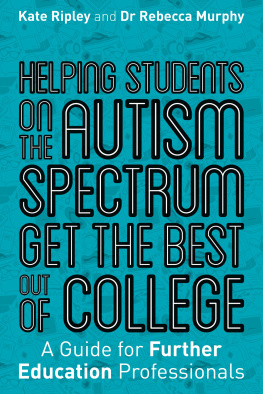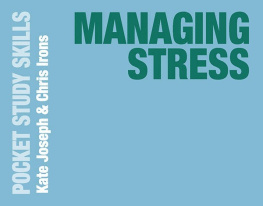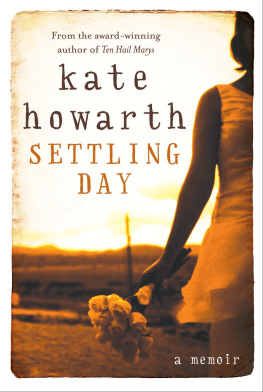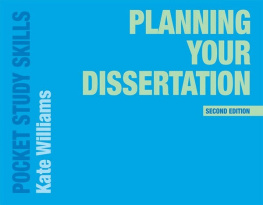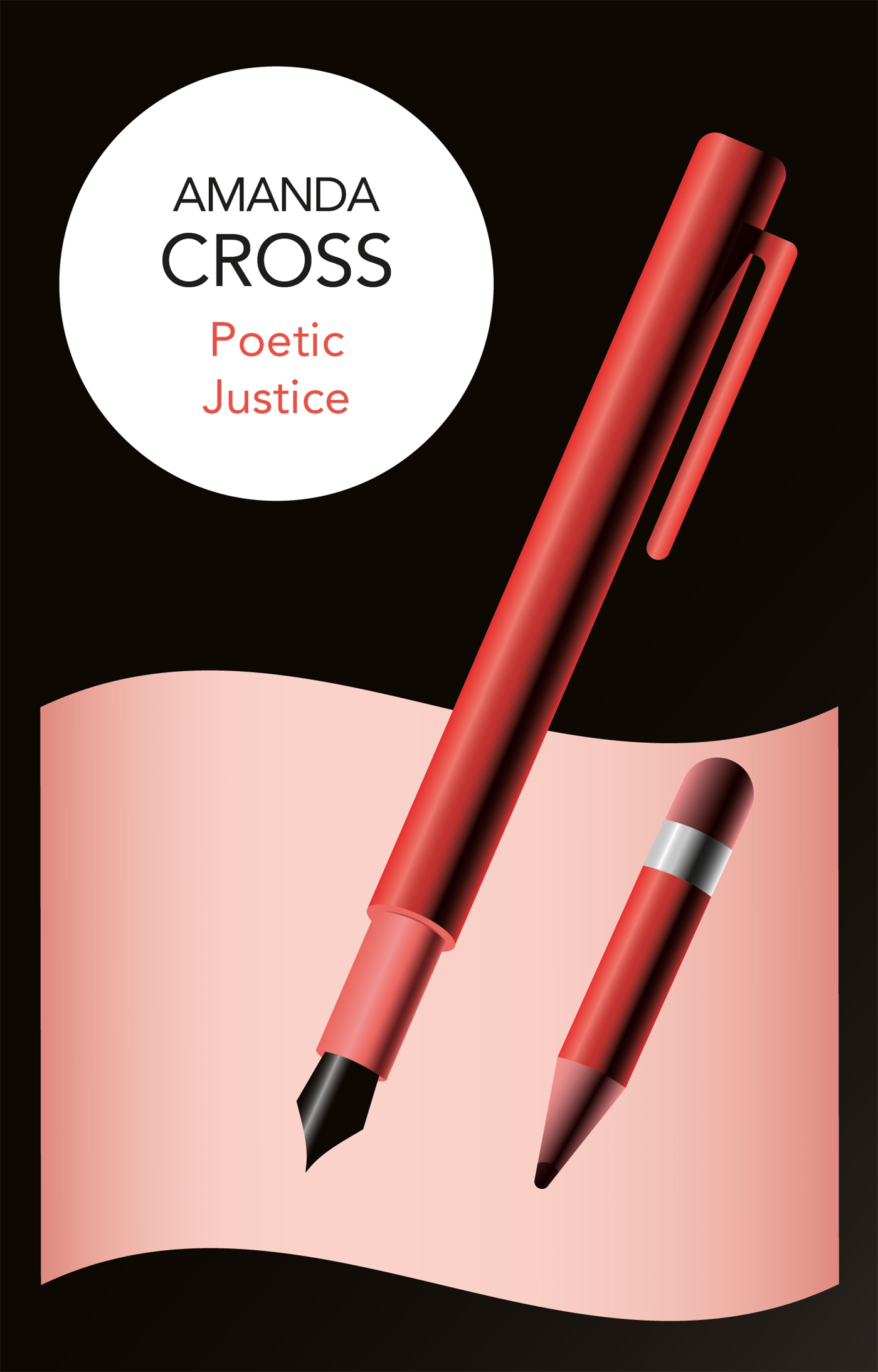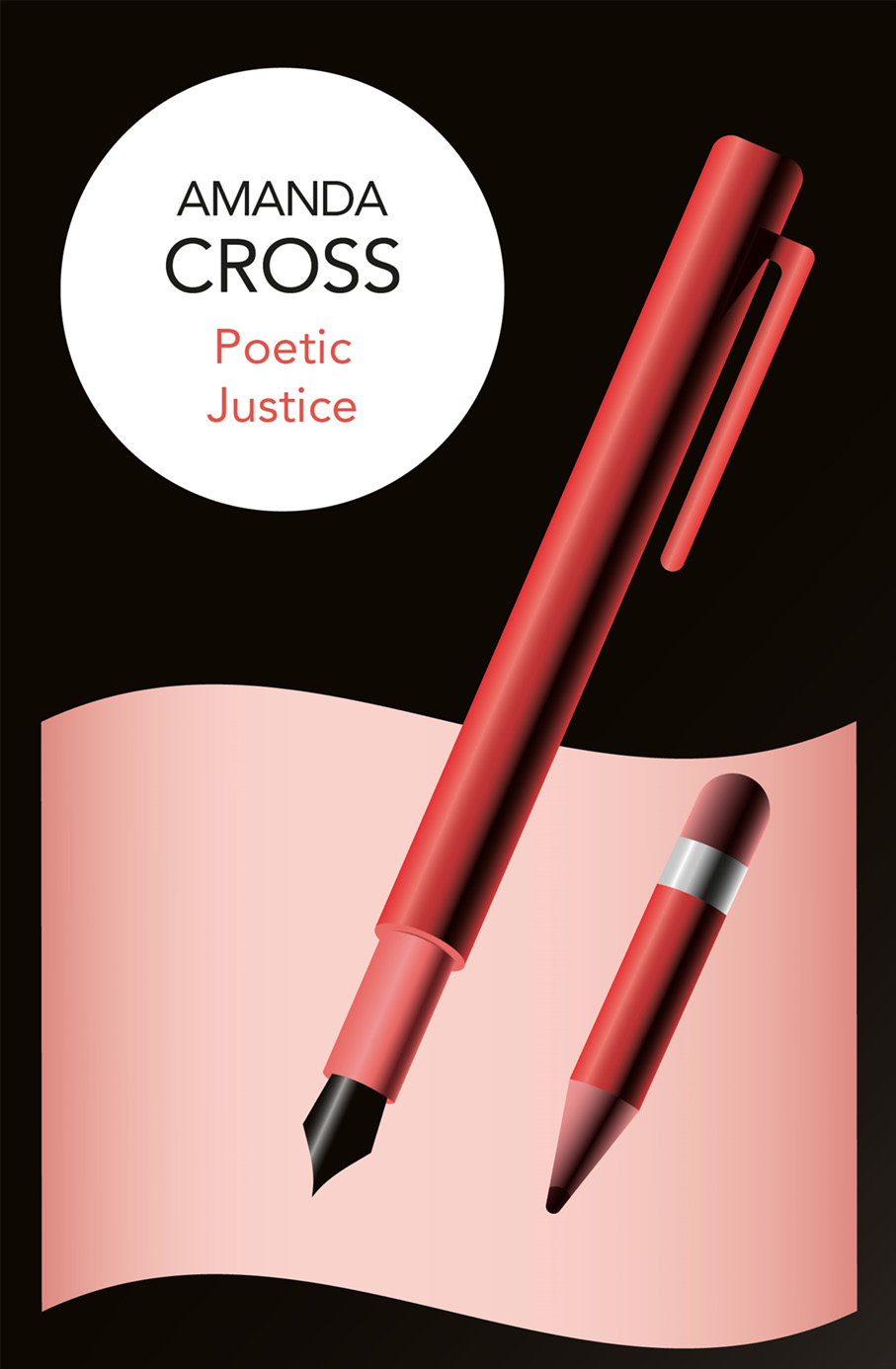ebreak
Amanda Cross
POETIC JUSTICE

ebreak
Contents
ebreak
Also by Amanda Cross
and available from Bello
In the Last Analysis
The James Joyce Murder
Poetic Justice
The Theban Mysteries
The Question of Max
No Word from Winifred
A Trap for Fools
The Players Come Again
ebreak
Note
It will, of course, be obvious to every reader that the quotations at the heads of the chapters, and most of the poetry scattered reverently throughout this work, are from the writings of W. H. Auden. The author is grateful to Faber & Faber Ltd, for its permission to quote from the copyrighted works of Mr. Auden and reprint them here.
Before Death
though one cannot always
Remember exactly why one has been happy,
There is no forgetting that one was.
Professor Kate Fansler mounted the stairs to the upper campus where the azalea bushes were just coming into bud. She did not yet know, on that May morning, that the students had already occupied the administration building. Few knew as yet; tomorrow, it would be front-page news around the world. Now she walked past lawns just turning rich with green. The students, damn them, were trampling thoughtlessly across the new grass, heedless of all the cautionary signs and fences erected by the Universitys tireless gardeners. The annoyance she had always felt at this desecration had grown, if anything, more acute with the years. She reprimanded herself for crotchetiness.... unready to die, Kate thought, but already at the stage when one starts to dislike the young. The lines were Audens and, as always, they gave Kate special pleasure. She was going that afternoon to see him receive a gold medal for poetry.
Kate had never met Auden and was unlikely ever to do so. Yet there had existed between them for over ten years what she considered to be the perfect relationship. That it was wholly satisfactory to Auden was to be inferred from the fact that he had never heard of it; its satisfactions for Kate rested securely on the knowledge that he never would. Audens private person did not interest her. But, over the years, his poetry and such delightful facts about him as appeared in books by his friends had given her a new awareness of life. She had never read a word of criticism or scholarship about him and, safely and professionally ensconced as she was in the Victorian period, planned never to do so. Which just goes to show, as, indeed, did everything happening that day, that foresight is not a human attribute. At that very moment the students had opened the Presidents files and begun to read his letters.
Abruptly mounting her ramshackle wheel,
Fortune has pedalled furiously away;
but Kate, who did not know that, sat down and pleasurably regarded the newly blossomed tulips.
Kate had first seen Auden a decade before on a television program which, since she did not own a set, she had gone to considerable inconvenience to catch. (Her hosts had been more inconvenienced still, since the program had begun at nearly midnight and went on into the small hours of the morning; abandoning Kate, Auden, and their living room, they had finally gone to bed.) Kate could no longer remember the occasion for the program, nor exactly what Auden and the others had been discussing, but she did remember that throughout the long hours Auden had called loudly and unsuccessfully for tea: apparently as difficult to obtain in a television studio as Coca-Cola in a four-star Parisian restaurant. Kate had never forgotten Audens frown. Reportedly, he had been frowning since boyhood. I see him, Christopher Isherwood had written, frowning as he sings opposite me in the choir, surpliced, in an enormous Eton collar, above which his great red flaps of ears stand out, on either side of his narrow, scowling, pudding-white face. They had been at school together: Isherwood was to present Auden with his gold medal that afternoon.
And so, after all these years, I am forcibly evicted from my office. They have taken over the College building too.
Who has? Kate stared at the man standing beside her.
Fate, Frederick Clemance observed, has, I see, granted you some additional moments of blessed ignorance. And what were you thinking of, sitting there contemplating tulips?
Auden, Kate said.
You dont say? Clemance sat down beside her on the bench. Do you know his poetry well?
I browse in it, Kate admitted, as though it were a meadow. She regarded Clemance with a certain degree of discomfort. She had admired him for years, had studied with him as a graduate student (which for a woman had been a singular honor indeed), had followed with interest and devotion his growing reputationhe was now one of the Universitys luminaries. She was, indeed, technically speaking, his colleague, but she had never before chatted with him.
There they go, you see. Crawling around the ledges like so many monkeys and shouting obscenities. If you come close enough, they will spit down on you. Can it be a new form of panty-raid? At least, Clemance added, no one ever before involved me in that sort of escapade.
By standing on the bench they could indeed see the students, mostly bearded, and looking, even at that distance, unwashed, posed out the windows, hanging on the bars. Perhaps, Miss Fansler, Clemance said, climbing down, you could do me a favor. Kate smiled nervously. So, she imagined, Frederick the Great might have spoken to one of his courtiers.
If I can, of course, she said.
Its about Auden.
Kate stared at him blankly. Neither of them, of course, knew yet that their world had changed. For them, the academic machine was still grinding on. Had anyone suggested then to Kate or Clemance that they would soon see their colleagues obscenely mocked by students and clubbed by policemen, they would have questioned his competence. We shared, Kate would think later, a last hour of innocence.
I am directing a dissertation on Auden; its finished, actually; the work of a brilliant young man whos eager to have the dissertation examination soon. Professor Pollinger is also on the committee. I was about to look for someone to take over in the final stages, because of all the pressures Im under. You see how lucky I am to have found you. Do you know Auden?
No, Kate said. And Ive never approached his work academically. I really dont feel qualified.
Youll do beautifully. Knowing Auden, Ive never been able to feel properly academic about his work either. Ill tell them at the English Office. Many thanks; I shall be off now and see where all this is leading. I am glad, in more ways than one, that we have met before the tulips. He smiled and walked away. And indeed, in the next day or two, the academic machine, not yet sputtering, ground out an official notice to Kate: Title of Dissertation: The Poetry of W. H. Auden; Name of Candidate: R. E. G. Cornford; Chairman of Dissertation Committee: Professor Fansler.
By two thirty that afternoon the students had taken a third building and delivered a series of ultimatums to the President of the University who, as usual, was somewhere else. Rumor announced that he was flying home. Meanwhile, the faculty had begun to meet in groups, discussing what action they might take. The Vice-President, temporarily in charge, began to talk of calling the police. Kate hailed a taxi and asked to be driven to the American Academy of Arts and Letters.


